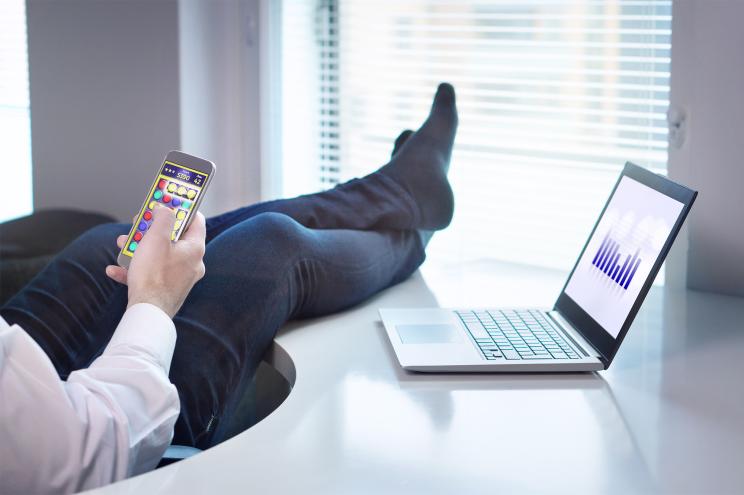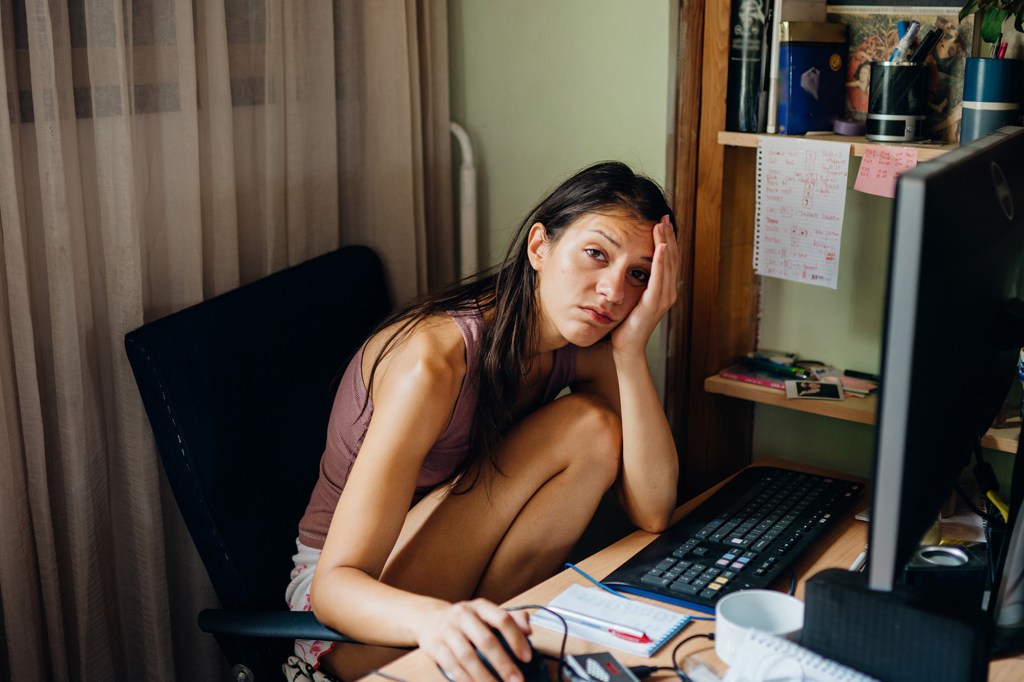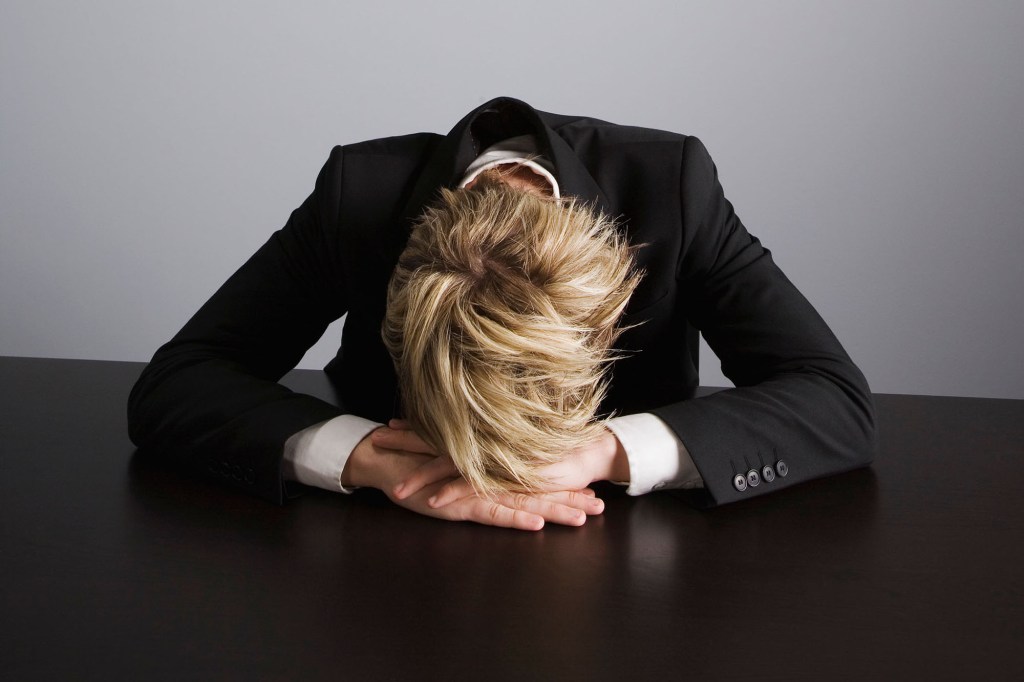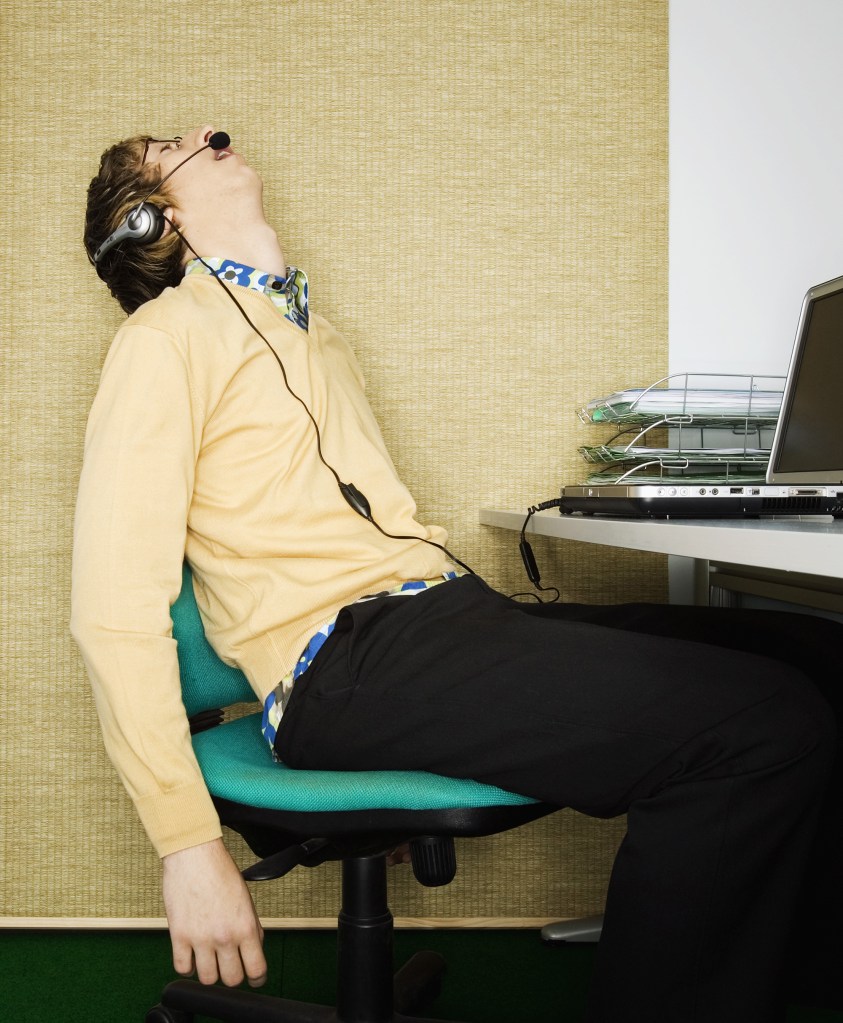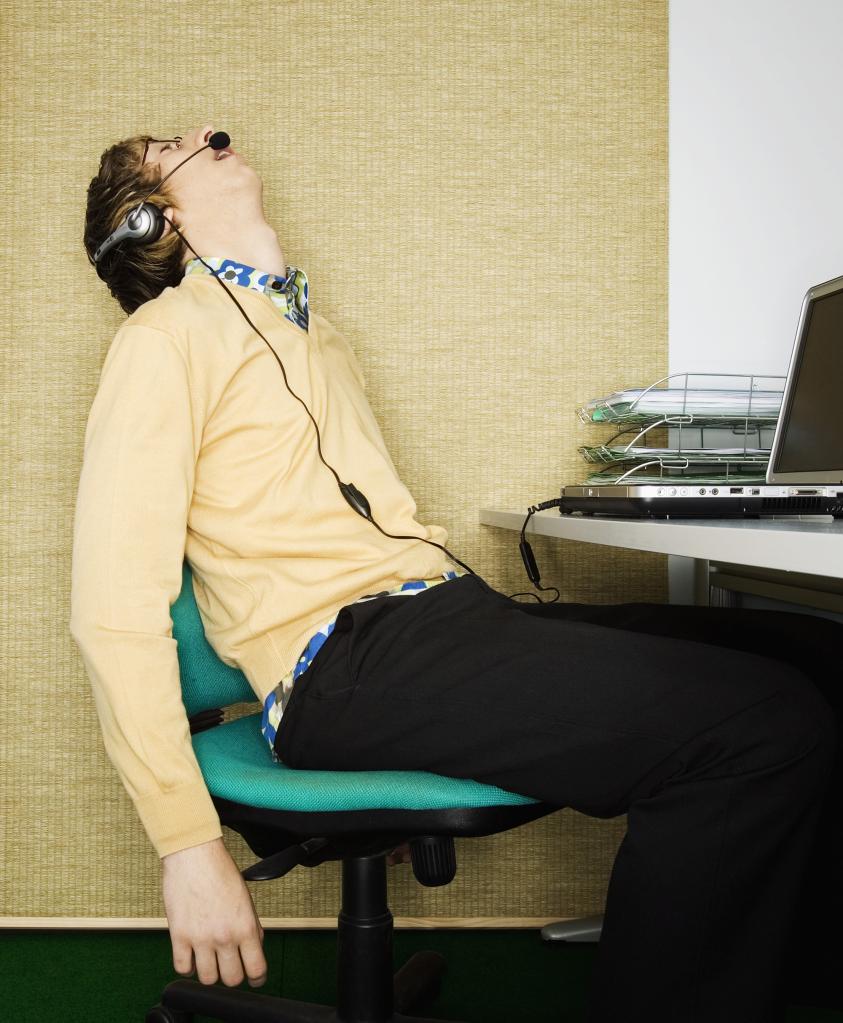We’re doing less — with more.
Despite a 2.7% increase in hours worked last quarter, productivity plummeted 4.1% — the largest productivity drop-off ever recorded in the nation’s history, according to the Bureau of Labor Statistics, which has kept the tally since 1947.
Employers, already juggling the new normals of remote or hybrid work, a massive shortage of qualified candidates, and the the rise of self-confessed “quiet quitting,” are spooked.
“Without the visibility of having people inside the office, managers and leaders are second guessing and wondering, ‘what are they really doing?’ Uncertainty creeps in,” Career/Life Alliance Services founder Kathy Kacher, an advisor to corporate executives, told The Post, adding that we’ve come a long way from the “hero moment” workers were lauded for during the depths of the pandemic.
“It’s getting to a point where there is no real tangible excuse in the minds of many [bosses] for people not to be in the office,” Kacher said.
A recent Gallup poll found 79% percent of the US workforce is engaging in the active practice of slowing down at work, or “quiet quitting,” in one way or another. Research from Conference Board reported that disengaged workers cost American companies up to $500 billion per year in lost revenue. Bosses are quick to blame Zoom culture.
“People who are naturally lazy will be less motivated — that’s what you get with remote work,” New York businessman John Catsimatidis told The Post. “They are forcing us into a recession.”
Burnt out, emotionally exhausted and disengaged workers see things differently.
Paige West, 25, uprooted her life in Florida for a plum corporate engineering job in Washington, DC in early 2021, anticipating a return to the office.
But the dream job soon turned into a nightmare of long hours and stress. West’s hair was falling out and she had to take sleeping pills to fall asleep. She had to take a step back.
“I [couldn’t] keep working extra, feeling obligated to put in extra time and effort into something that I [didn’t] see myself doing long term,” West told The Post.
At first, she tried to just slow down and log off right at 5 p.m., but ultimately she ended up quitting towards the end of last year.
She’s now freelancing in digital media and living back home in Florida while she figures out her next steps.
Natalie Canales, 34, from Tampa, also found herself slowing down at work before ultimately quitting her job in skincare sales in September.
“I would look at my life like, ‘what am I doing?'” Canales, who was struggling with work related depression, told The Post. Working from home gave her the space, she said, to “let my mind wander a bit [without] a manager standing over me.”
Ultimately, she decided she had to quit, even though she believed she could have continued to skate by. “Once the motivation is gone, especially in a field like sales, you’re just getting by doing what’s not going to get you flagged,” said Canales, who is now back in school to become a medical aesthetician.
Grace Hill, 45, (not her real name), lives in West Virginia and teaches online. She admitted her productivity is down of late — with good reason.
“I worked really hard for my money, really hard. And I’ve been doing it for a long time, for decades, and I am really fried,” Hill said.
She blames her employment woes on a combination of long COVID, burnout from working through the pandemic and the job being less enjoyable when done remotely.
“I’m not as good as I used to be. I’m making mistakes at work because I’m not as cognitively sharp,” Hill said.
HR professionals, like Steve Pemberton, chief human resources officer of Workhuman, say that what’s going on now is simply exposing bigger issues that companies have yet to tackle coming out of COVID.
“[Workers] want the covenant between employers and employees, really, to change,” he told The Post. “They want to be able to work wherever they can, they want hybrid ways of working, they want better understanding of what it means to be a parent in this generation, those kind of things. If they aren’t getting that, they might still be with you, but they’re not really with you.”
Andrew Adrian, 25, a senior finance and operations management associate with Northwell Health said he has seen a nearly contagious lack of ambition among many friends he graduated college with. He’s not sympathetic.
“So many people that I know who are my age just aren’t putting effort into their jobs and I really don’t get it,” he said. “They’re just unmotivated to do something significant — the idea of excelling professionally doesn’t mean much to them.”
In addition to the full-time office job he’s had at South Shore University Hospital for two years, the Jericho, LI native has two side hustles and puts in hours before and after his day of managing major projects on site.
He said, “[You’ve got to] work hard now while there’s a golden opportunity to excel and stand out.”








